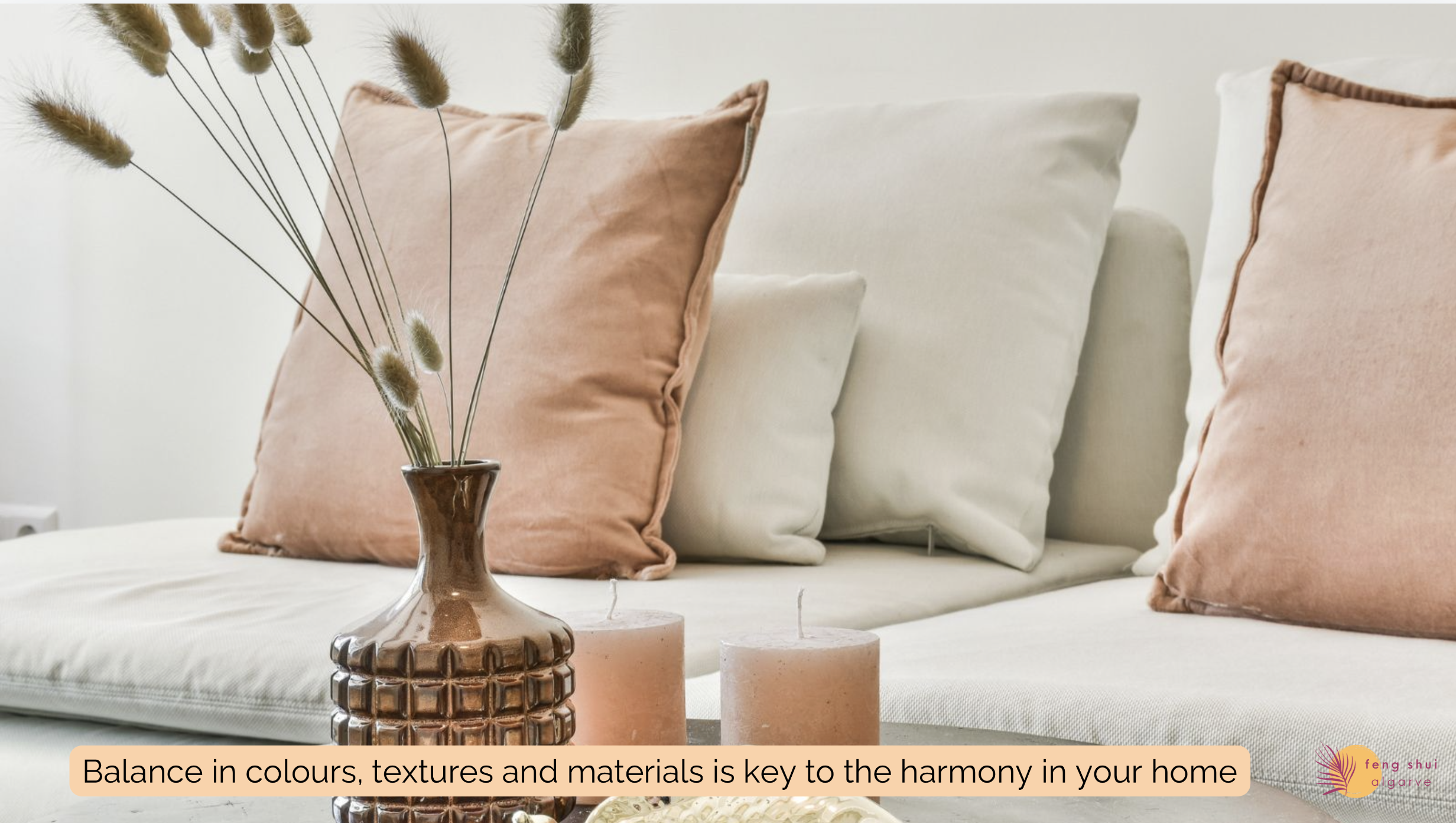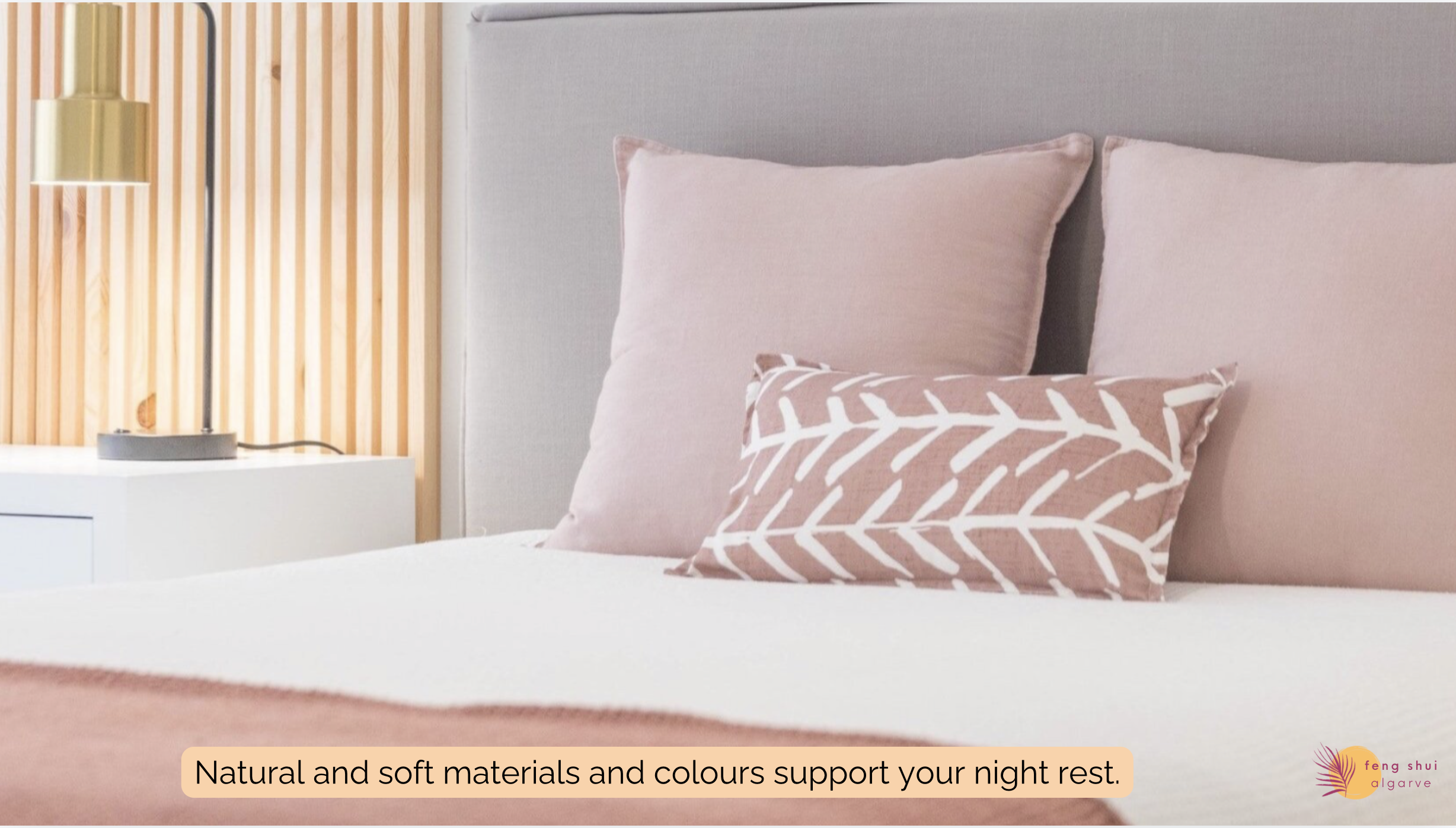Why Feng Shui Works Wonders for Some – and Not at All for Others
Ever feel like Feng Shui is one of those things that works wonders for other people – but for you, it’d be like rearranging furniture and hoping for a miracle?
I remember feeling the same way in the beginning. During my Feng Shui training, I met people who felt an incredible shift after just one consultation. They’d tell things like, “It suddenly feels lighter in here,” or “I finally sleep through the night.” I could see it in their faces—something had shifted, not just in their space, but in them.
And then there were others. Lovely people, open and curious to learn - but somehow, the changes didn’t land. Their space stayed heavy, stuck. It took me a while to understand: sometimes the energy isn’t ready to move just yet. And that’s okay, too.
That’s when I started to realize: Feng Shui isn’t a quick fix or a magic trick. It’s a process—and it meets you where you are. It’s not about belief or superstition. It’s about creating the right conditions for energy to shift. Sometimes, that happens fast. Sometimes, it needs time. But the beauty of it is: when your space is ready, and you are too, real change does happen.
So what makes the difference? Why does Feng Shui feel life-changing for some – and ineffective for others?
In this article, I’ll share:
✨ What Feng Shui really is – and that’s way beyond the clichés
✨ Why you don’t have to believe in it for it to work (yes, really!)
✨ The biggest misunderstanding about Feng Shui – one I had myself
✨ And three clear signs that your home is out of balance – and what you can do to change that
What Feng Shui Really Is
Feng Shui is often misunderstood. People imagine it’s about putting lucky charms in the right place or decorating in a certain "Asian" style. But true Feng Shui is not about superstition or exotic décor.
At its core, Feng Shui is the art of creating spaces that support your life. It’s based on the idea that the energy (or “Chi”) in our surroundings directly influences our well-being, our mood, our relationships, and even our life decisions. It’s not about following rules blindly or adopting things in your home that have no meaning to you.
It’s about becoming aware of the connection between your home and your life – and making thoughtful, intentional changes that help you move forward.
You Don’t Have to Believe in Feng Shui for It to Work
One of the most common myths is that Feng Shui only works if you "believe in it." But here’s the truth: Feng Shui is not a belief system. It’s not a religion or a faith-based practice. Think of it like gravity. You don’t need to believe in gravity for it to affect you – it just does.
Feng Shui works in a similar way. The energy flow in a space either supports you or it blocks you, whether you’re aware of it or not.
What does make a difference is your openness to observe and adjust. Feng Shui invites you to look at your home with fresh eyes and make changes that align with your current life and create harmony. Belief is optional – curiosity is enough.
The Biggest Misunderstanding About Feng Shui
I’ll admit it: when I first started learning about Feng Shui about 15 years ago, I thought it was all about adding the right objects in the right corners of the house. I thought if I just placed a plant here and a crystal there, things would improve.
But real Feng Shui goes deeper. It’s not just about “adding things” – it’s about creating energetic balance. Sometimes, that means removing what no longer serves you. Sometimes, it means rethinking how you use a space or how energy flows through your home.
The biggest misunderstanding is thinking that Feng Shui is surface-level. But it’s not cosmetic – it’s transformational. Your home is a reflection of your inner world. If you want change in your life, you often need to start with your surroundings.
Three Signs Your Home Is Out of Balance – and What You Can Do About It
Feng Shui is mostly not about dramatic makeovers. Often, small shifts can bring big relief. I recently added a mirror in a neglected area of my bedroom and it suddenly feels so open and light - even though you can't even see the mirror when you walk in or from the bed.
Here are three common signs that your home might be out of balance – plus a few simple things you can do today:
Sign 1: You’re always tired or restless at home – even if you sleep enough
Look at: Your bedroom. Is it cluttered? Do you work or store too much in there?
Try this: Clear unnecessary items from your bedroom. Create a calming atmosphere with soft colors and fewer distractions. Your bedroom should feel like a sanctuary, not a storage room or second office.
Sign 2: You feel stuck – like life is on repeat and nothing is moving
Look at: Your entrance area. Is it inviting? Can energy flow freely through the door?
Try this: Clear the entryway completely. Make it beautiful, bright, and welcoming. This is where new energy enters your home – and your life.
Sign 3: You often feel overwhelmed or like something’s “off,” but you can’t explain what
Look at: The overall layout. Is there too much furniture? Too many unused things?
Try this: Start decluttering with intention. Ask yourself: Do I still love this? Does this reflect who I am today? Let go of anything that feels heavy or outdated. Space creates clarity.
Feng Shui isn’t about getting it all perfect. It’s about creating spaces that help you feel more at ease, more aligned, and more supported in your daily life.
If you’ve ever felt like Feng Shui didn’t work for you, maybe it wasn’t the concept – but the approach. It’s not about belief, tradition, or trends. It’s about the energy you live in every day – and your power to shape it.
Start small. Notice how you feel in your space. Trust your instincts.
🌿 And if you ever want help uncovering what your home might be saying about your life, I’d love to support you - book your free Feng Shui consultation with me today!







